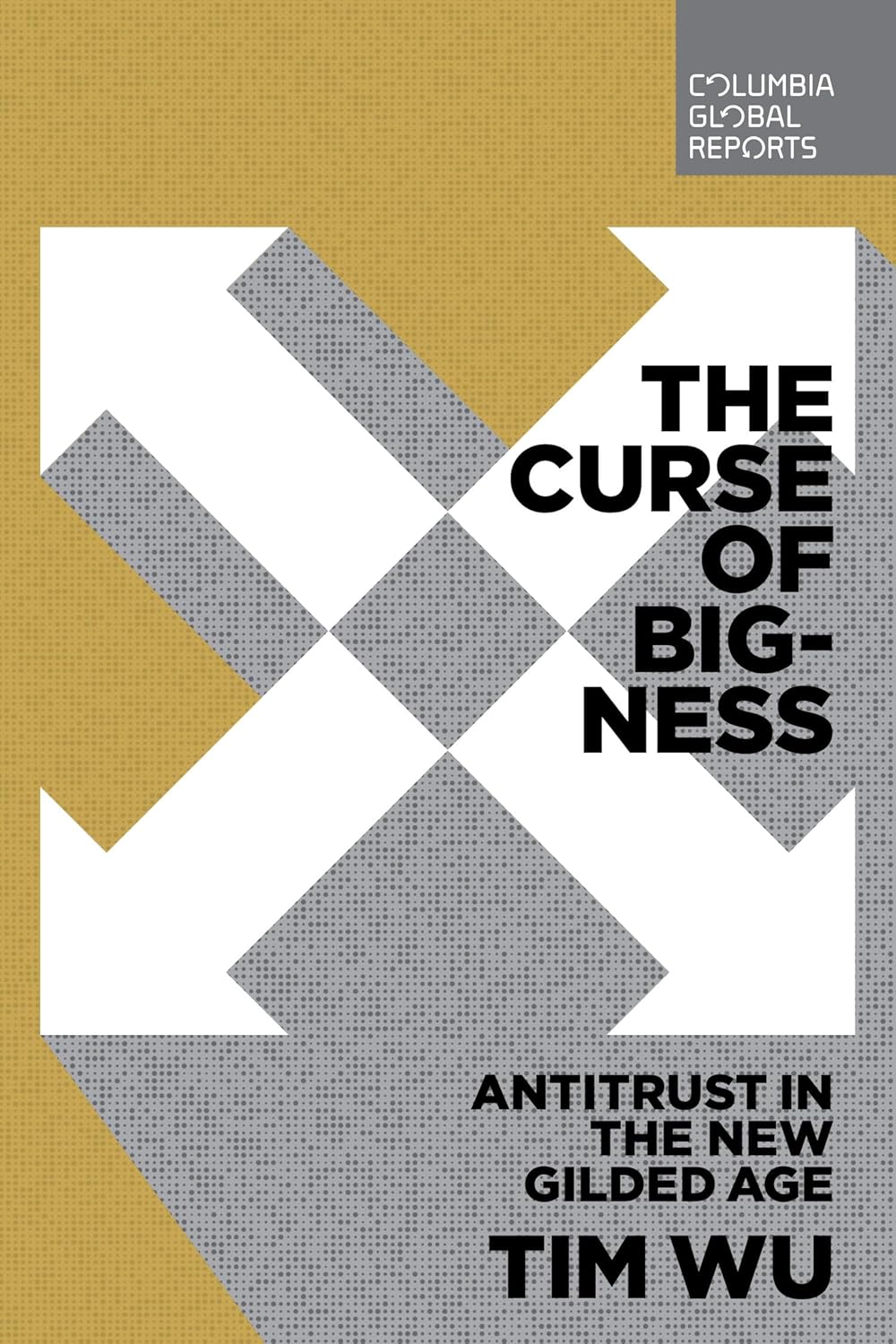Classic antitrust action in our lifetime — or for that matter, our parents’ — has made for fine political theater. Few who’ve seen the clips can forget the image of Bill Gates squirming in his deposition chair during a late 1990s action against Microsoft. But the record of antitrust prosecution has been worse rather than mixed. One of the premises of the Justice Department’s case in the Microsoft action was that Microsoft was squeezing out innovation in the browser field. This contention emerged as risible when, even as Mr. Gates squirmed, Google popped up on the national screen.
Shamed by the recent record, revivalists therefore lean hard on an era they believe proved the need for antitrust prosecutions: the Gilded Age — roughly 1890–1910. It was to describe the transgressions of the industrial giants of that period upon the small man that the jurist Louis Brandeis coined the phrase “the Curse of Bigness.”
Popular culture reinforces that storyline routinely, as in the HBO series Gilded Age, in which the George Russell character represents a version of the robber baron Jay Gould. The best nonfiction job of reinforcing the Gilded Age narrative comes from Tim Wu, a respected legal scholar who, until January of this year, advised President Biden on antitrust.
Wu published the The Curse of Bigness: Antitrust in the New Gilded Age in 2018. But since his Curse is fast becoming a primer for antitrust revival, and since Wu himself bids fair to become the Brandeis of our age, it makes sense to take a moment to retrace his argument.
The industrialists and bankers of the 1890s, Wu makes clear, weren’t mere office men. They were octopi, with tentacles in every company. Or, to be more precise, one great octopus. For the trusts of the era united, in the Wu telling, into a veritable movement, and one that “envisioned an economy with every sector run by a single, almighty monopoly, fashioned out of smaller firms, unfettered by competitors or government restraint.”
With each year that passed, the octopus squeeze on the U.S. economy tightened. The monopoly was permanent. The government, Wu contends, permitted “laissez faire’s rule by the wealthy.” The gap between the earnings of the robber-baron titans and those of the immigrant worker was enormous, as such gaps always are in innovative eras — new technologies make unknown men titans overnight.
Regular Peter Thiels, these industrialists not only destroyed the competition, but hawked the advantage of monopolies. Their temerity drove lawmakers to create the first antitrust institution, the Interstate Commerce Commission, in 1887. The 1890 Sherman Act outlawed “monopolization” and “any contract or combination in restraint of trade.”
